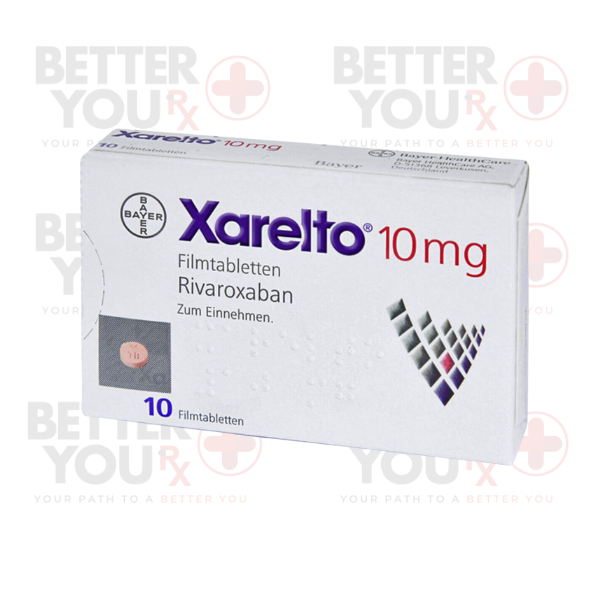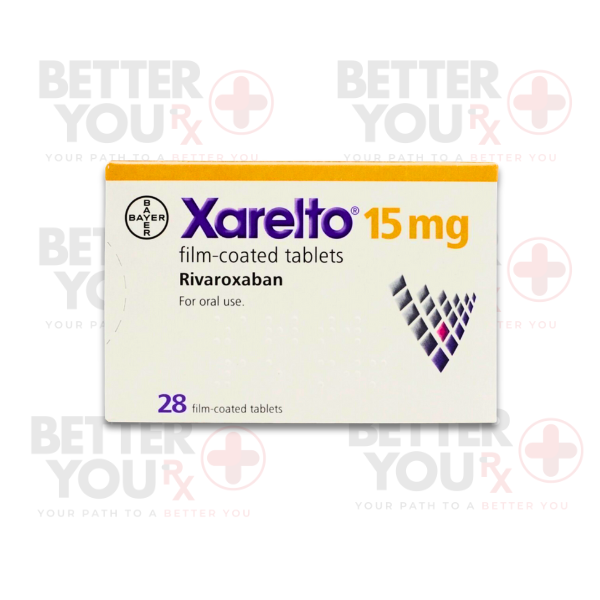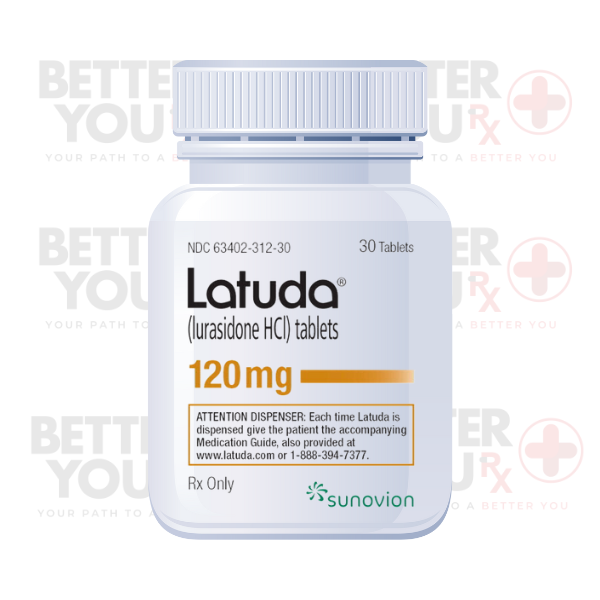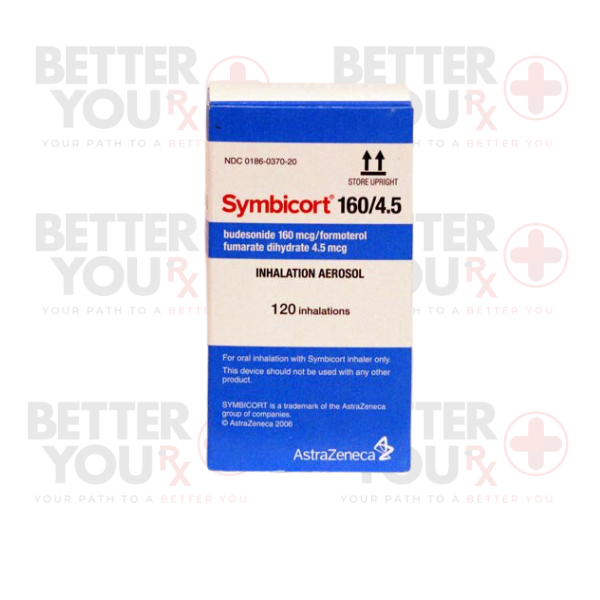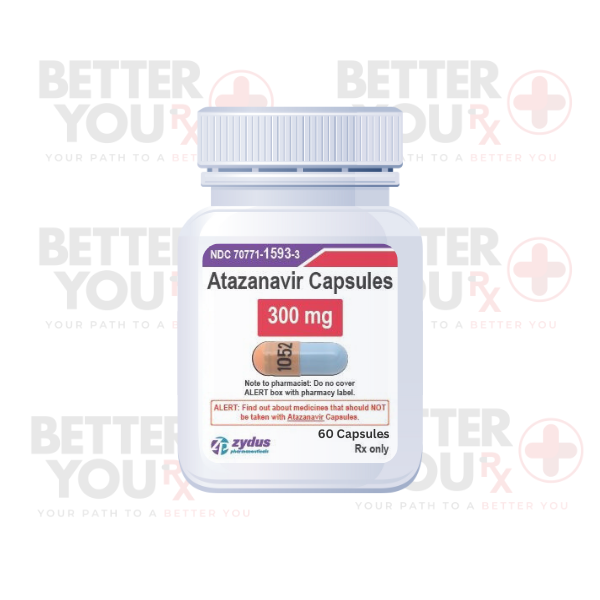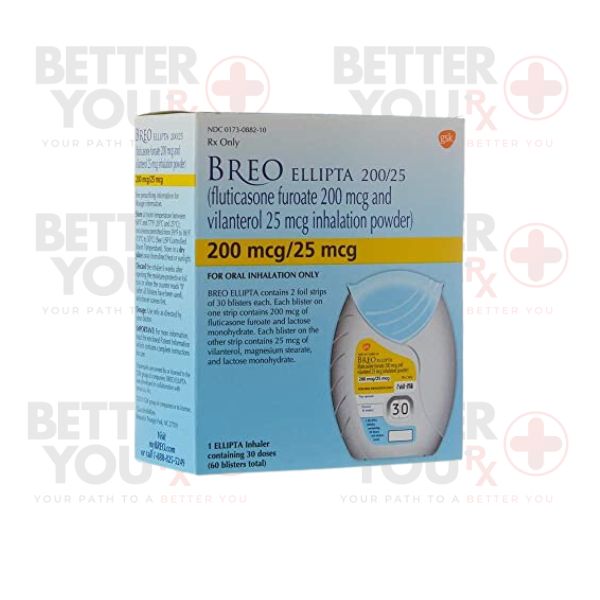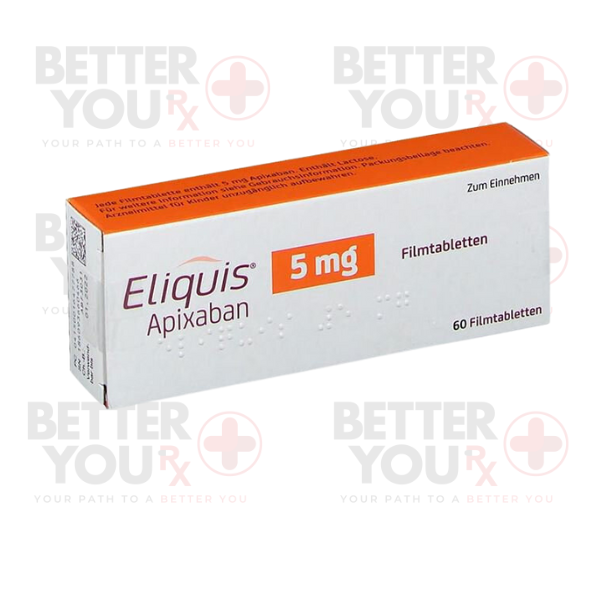Description
The Nicorette Inhaler is a smoking cessation aid designed to help you quit smoking by providing a controlled way to manage your nicotine cravings. It contains nicotine, the addictive substance found in cigarettes, but delivers it without the harmful toxins and chemicals associated with smoking. The inhaler is an effective tool for those looking to break free from smoking and take control of their health.


